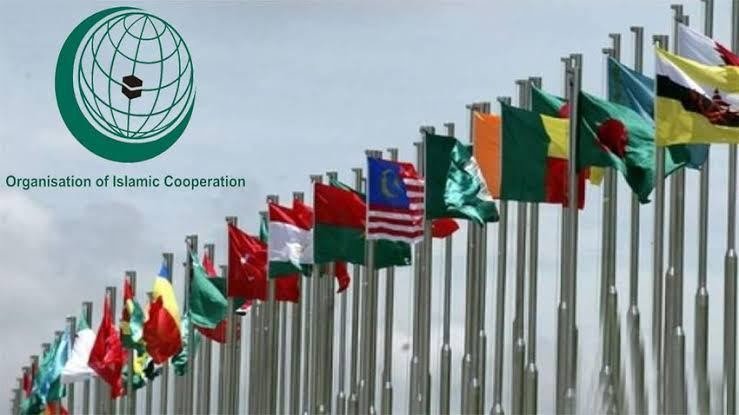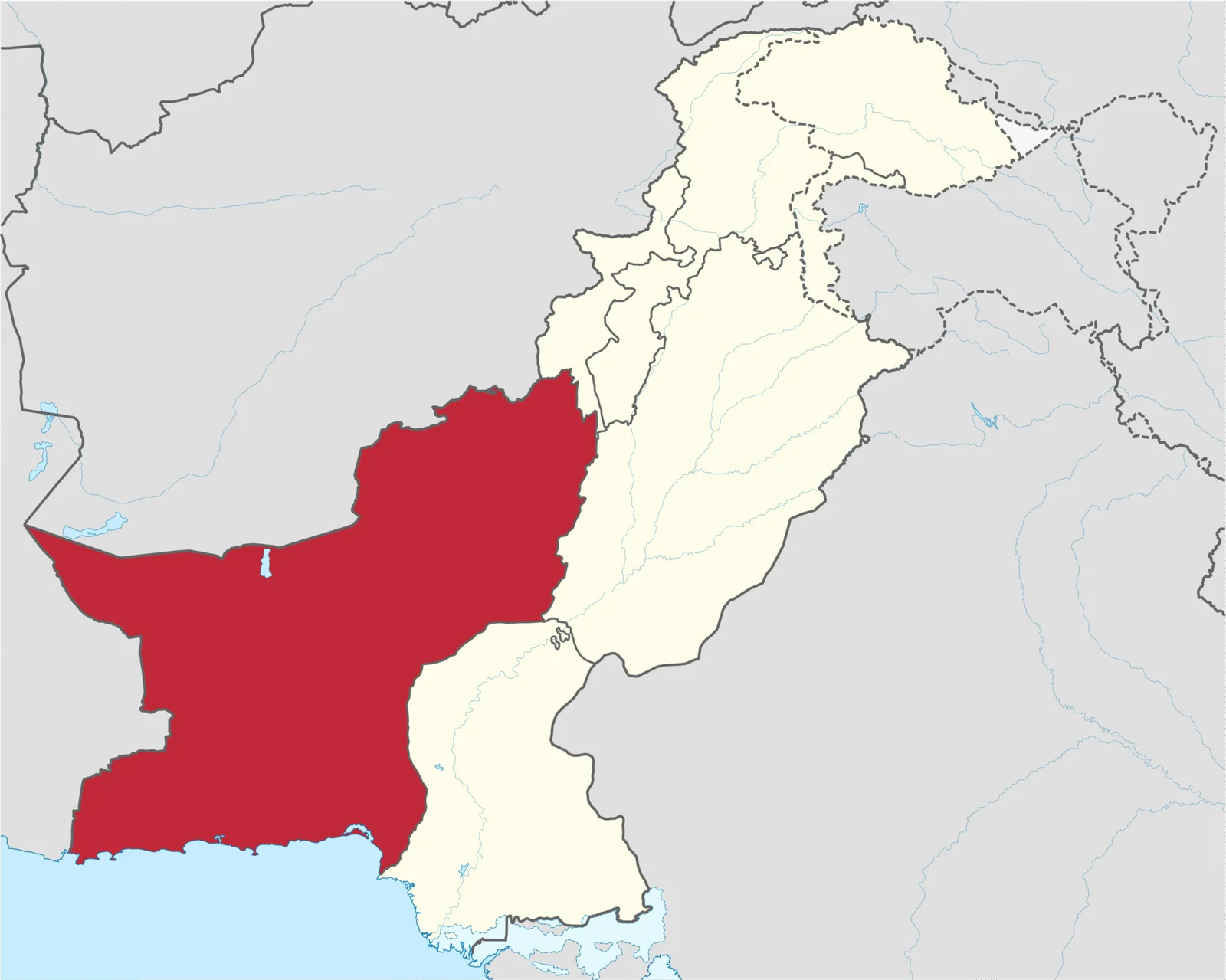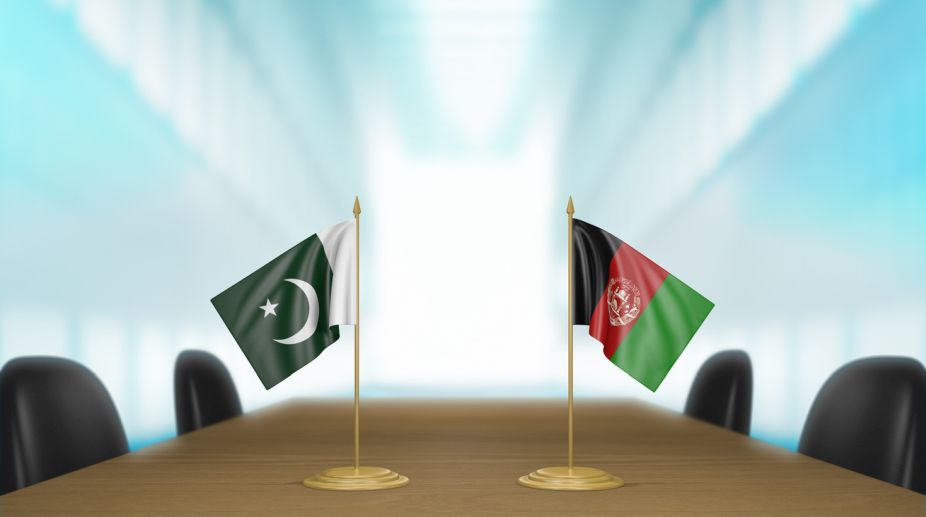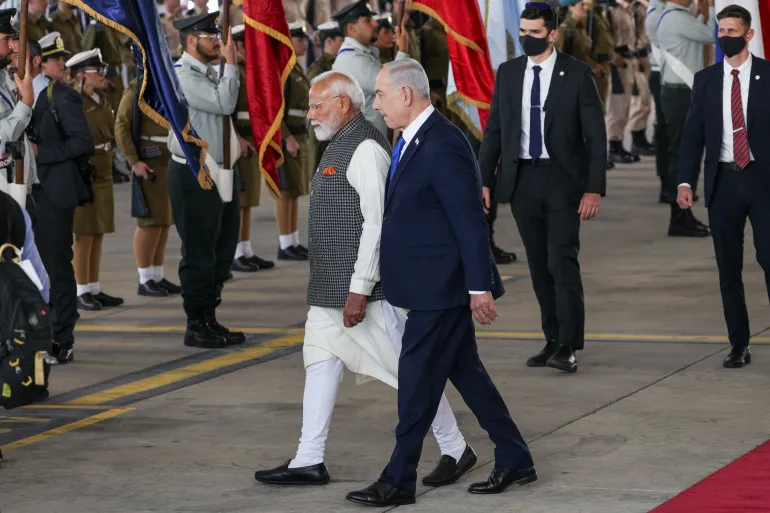Editorial
The current conflict between Iran and Israel marks a critical juncture in the history of the Middle East. As missiles rain down and rhetoric intensifies, the balance of power in the region is being tested like never before. Iran, despite its internal challenges and international isolation, remains the only sovereign state in the Middle East capable of countering Israel’s military and strategic dominance.
If Tehran were to fall in this war—militarily, politically, or structurally—it would open the door for Israel to assert unchecked influence across the region. While Israel already holds substantial geopolitical sway, the presence of Iran has served as a counterweight, preventing absolute hegemony. Iran’s fall would not just be a blow to one nation, but a shift in the regional order—leaving smaller Arab states more vulnerable and politically fragmented.
This is not about sectarianism or ideological alignment. It is about geopolitical balance, regional autonomy, and long-term survival. Despite their differences, Arab and Middle Eastern countries must recognize that Iran’s ability to stand firm matters to them all. Allowing one state—no matter how powerful—to dominate the region will create a cycle of dependence and instability that undermines national sovereignty.
Therefore, Middle Eastern states must rise above historical divisions and take a strategic stance. Supporting Iran in its moment of trial is not about endorsing all of its policies—it is about preserving the region’s collective dignity, independence, and future. A multipolar Middle East is far healthier and more secure than one dominated by a single unchecked power. The time for regional solidarity is now.
















